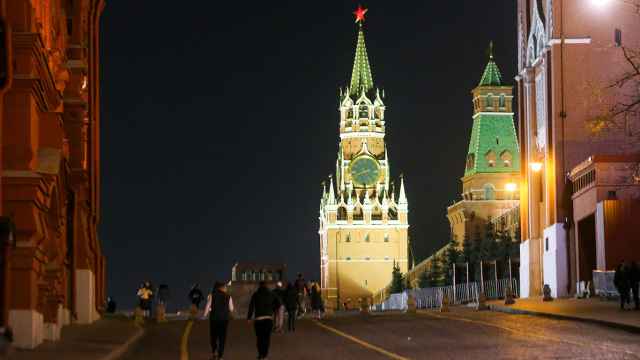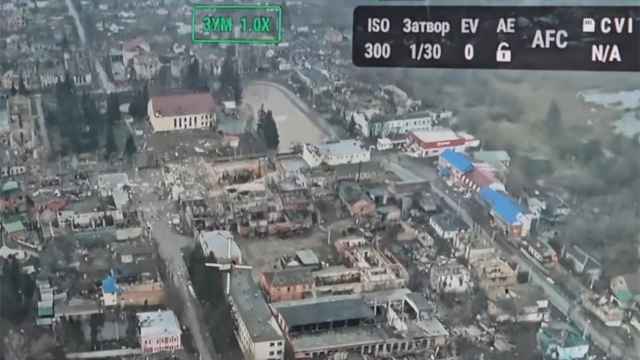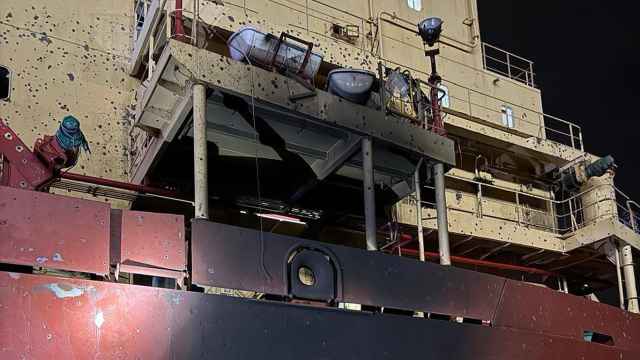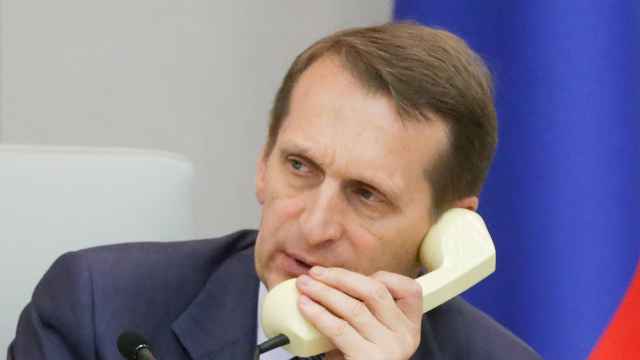
Galina Dontsova
Head of Customs and International Trade Practice
Ernst & Young
Based on a survey of foreign companies that are major foreign investors, in this article we try to give a brief assessment of how major foreign investors involved in foreign trade have fared in the new conditions of working in Customs Union between Russia, Belarus and Kazakhstan.
Legislation
The Customs Union has changed the system of customs law, with many issues now being regulated at the supranational level (the Customs Code of the Customs Union, international treaties, decisions of the Customs Union Commission). Many investors noted that the legislative system has become more complicated, and implementation has become less effective. In practice, customs rules have become harder to work with. However, companies say that they are kept well informed of new regulatory acts. The web sites of the Customs Union Commission, the Federal Customs Service and the Economic Development Ministry provide up-to-date information, although legislation could be organized better.
Non-tariff regulation
The Customs Union has introduced unified tariff and non-tariff measures, and a coordinated policy on technical regulation has been announced. On the whole, foreign companies taking part in the survey gave a positive assessment of the efforts to unify regulation in this area. They note, however, that regulation has become more complicated. It is harder to get a handle on the numerous regulatory acts, since federal laws as well as decisions of the Customs Union Commission now have to be taken into account.
Also, the coordinated policy doesn't always work smoothly in practice. Among other things, complications arise in determining whether non-tariff regulation applies to specific commodities. Inconsistencies between different systems of classification remain a problem (the Foreign Trade Goods Classifier (TN VED) for customs purposes and the All-Russia Product Classifier (OKP) for others).
Customs control after release of goods
Customs Union innovations include increasing the customs control period after goods are released from one to three years. Companies taking part in the survey, as law-abiding participants in foreign trade, have no problem with the increase other than the need to expand their archives. At the same time, many companies feel that, along with increasing the post-control period, it would be logical to improve and simplify control during customs clearance. Unfortunately, no such simplification has been noted in practice.
Customs procedures (regimes)
The survey showed that, unfortunately, only few companies use customs procedures other than import and export — for example, processing, re-export and special customs procedures (introduced by the Customs Code of the Customs Union). Among the reasons for not using these economically effective procedures, companies say that their implementation has not been regulated at the legislative level, a regulatory framework is lacking, and the approval procedure is too complicated.
Movement of goods within the Customs Union
Most companies taking part in the survey report that the elimination of customs control on the internal borders of the Customs Union and the free movement of goods has not yet had a significant impact on business. The remaining restrictions on the free import into Russia of goods for which Kazakhstan has set duty rates lower than those of the Unified Customs Tariff have also had little effect on the business of foreign companies.
Customs clearance and declaration
New customs legislation reduces the time limits for customs operations — one day for the release of imported goods and four hours for exports. The companies surveyed indicate that these time limits are generally observed. At the same time, the companies note problems they are currently having with electronic declaration — above all, the uneven operation of the customs authorities' computer system, glitches and lockups, which are especially frequent during software updates. The companies surveyed say that electronic document flow between control agencies leaves much to be desired. The main problem, they say, is the lack of electronic document flow between the customs service, tax service and banks.
A Message from The Moscow Times:
Dear readers,
We are facing unprecedented challenges. Russia's Prosecutor General's Office has designated The Moscow Times as an "undesirable" organization, criminalizing our work and putting our staff at risk of prosecution. This follows our earlier unjust labeling as a "foreign agent."
These actions are direct attempts to silence independent journalism in Russia. The authorities claim our work "discredits the decisions of the Russian leadership." We see things differently: we strive to provide accurate, unbiased reporting on Russia.
We, the journalists of The Moscow Times, refuse to be silenced. But to continue our work, we need your help.
Your support, no matter how small, makes a world of difference. If you can, please support us monthly starting from just $2. It's quick to set up, and every contribution makes a significant impact.
By supporting The Moscow Times, you're defending open, independent journalism in the face of repression. Thank you for standing with us.
Remind me later.





